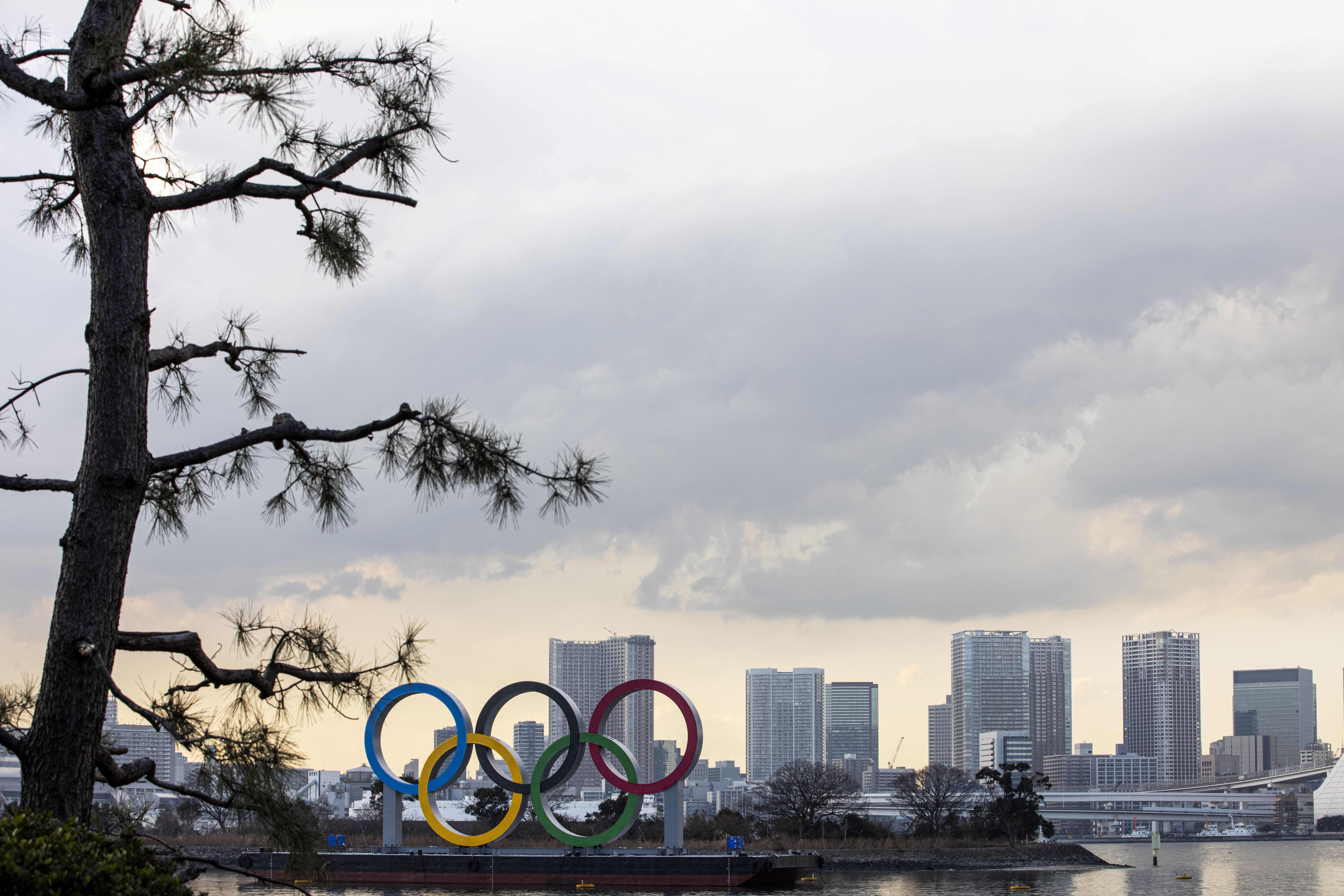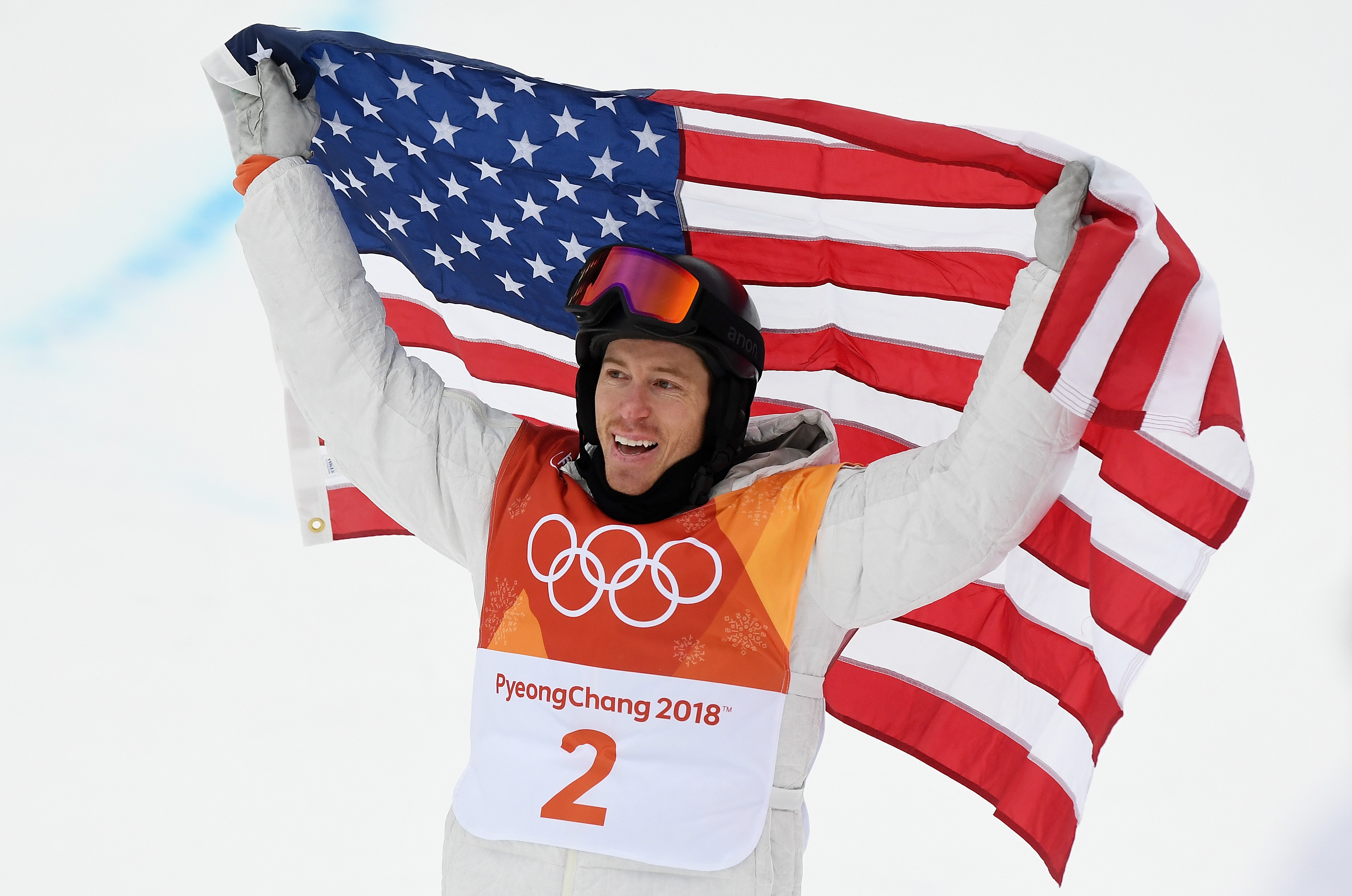No cheering for athletes, no visiting bars and restaurants in Tokyo, less intimacy in the Olympic village.
Take enough masks for the entire stay but avoid wearing one with an unofficial sponsor logo.
Do not use public transport without permission.
Ground rules for thousands of Olympic and Paralympic officials to ensure safe travel, daily life and competitions at the Tokyo Games during the coronavirus pandemic were published Wednesday.
Those who break the rules with “repeated or serious failures to comply” risk being removed from the Olympics and sent home.
The International Olympic Committee, International Paralympic Committee and local organizers in Japan made the guide the first of their so-called Playbooks to educate all visitors. The Olympics open on July 23 and the Paralympics a month later.
The details pointed clearly to the limits that athletes, games volunteers, media and fans — if any are allowed in the venues — will also face in similar documents to be published and updated in the months ahead.
Here’s a look at the first Playbook:
Basic Hygiene
The IOC and Tokyo organizers recommend rules of daily life that the whole world has adapted to since the World Health Organization declared the COVID-19 outbreak a pandemic last March.
Avoid hugs, high fives and handshakes, regularly wash hands, disinfect surfaces, avoid touching your face, cover your mouth to sneeze or cough, ventilate rooms.
Also avoid the 3Cs: spaces that are closed, crowded or involve close contact.
The Playbook repeats the Olympic view that vaccinations are desirable — including out of respect for the people of Japan — but not mandatory, and games participants are not a priority ahead of health and essential workers.
14 Days Before Arrival
Officials must observe Playbook rules for two weeks before they leave for Japan. They must:
- Prepare a list of all people they expect to have close contact with while in Japan. This list must be sent to the COVID-19 liaison officer at their sport’s governing body.
- Get tested for COVID-19 within 72 hours of departure, carry proof of a negative result.
- Immediately self-isolate if the test is positive. Inform the liaison officer and games organizers to agree on next steps.
- Download Japan’s phone applications for COVID-19 contacts and health reporting.
- Have insurance for costs of medical treatment in Japan and repatriation if sent home.
- Gather enough masks for their entire stay and note “guidelines related to face mask branding.” The Olympic Charter’s Rule 40 limits unauthorized commercial activity.
- Masks can be briefly removed for those who rely on "lip reading, clear sound and/or facial expressions to communicate.”
- Limit physical contact with other people, and prepare an “activity plan” of what they expect to do in Japan.
14 Days After Arriving
- Proactively monitor personal health daily, input results on health reporting app.
- Follow only the activities in a personal plan — how they will travel, where they will go and stay.
- Leave official accommodation only to go to official sports venues and “limited additional locations.”
- Use official transport. Do not use public transport unless given permission.
- Support athletes in their sport's venue by clapping instead of singing or chanting.
- Do not visit game venues as a spectator.
Social Life
- Limit physical contact with athletes, maintaining a two-meter distance at all times, except for “operational reasons” such as in the field of play or training areas. This points toward limits on athletes partying and the intimate relations that are a traditional feature of Olympic villages.
- Do not visit tourist areas, shops, restaurants and bars or gyms.
- Wear a face mask at all times, except when eating and sleeping, unless people are outdoors and two meters apart.
Updates
The Playbook published Wednesday is just the start with the next version due in April.
“This could mean that future versions of the Playbook could include more restrictions than those currently listed,” the 33-page document said.



